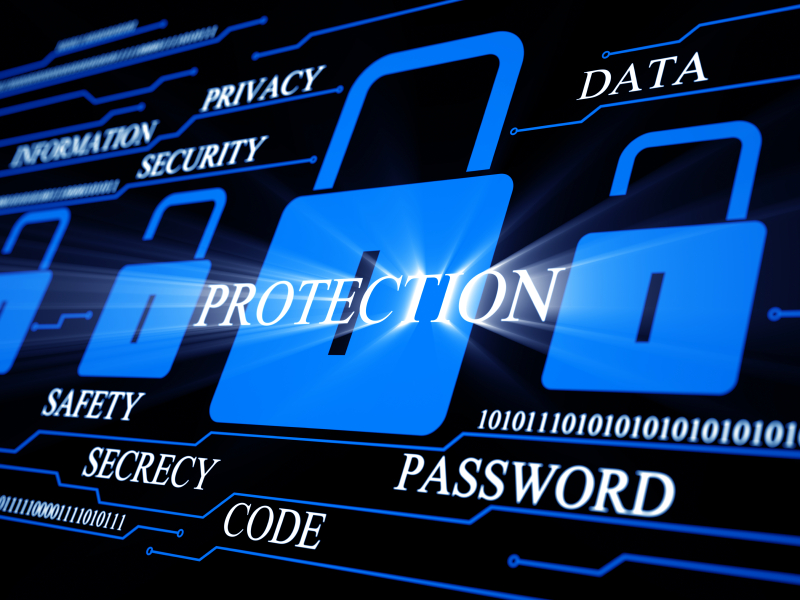
Virtual private networks (VPNs) are designed to protect your personal data every time you go online. VPNs are usually used as means to surf the web anonymously due to the fact that VPNs mask your real IP address which is used to track your online activity and trace your location. However, an often overlooked benefit VPNs provide is that they are fantastic tools to protect you from vicious cyber crimes; such as: identity theft and fraud in which millions of people regularly fall victim to.
How VPN protects against fraud and identity theft
Fraudsters and phishers can access your personal information in many ways. When you go online, sensitive information like credit card numbers, bank account usernames and passwords and even your social security number can be easily traced and used by cyber criminals, especially when you connect to a public Wi-fi or hotspot. For example, if you connect to a Wi-fi at your favourite restaurant or coffee shop to check your bank account statement, any person on the same network can view the websites you have visited as well as your username and password. This is how a hacker can have all the information they need to go the website, find account numbers, routing numbers, etc.
The case is completely different when you use a virtual private network, or simply referred to as VPN. Through a VPN, all the data you send and receive over the network is highly encrypted even if you connect to insecure public networks. For instance, if you are in a public place and connect to their public network using a VPN, a person with a malicious Web browser plug-in won’t be able to track your online activities, or obtain your personal information. Sensitive information, such as: username and password of your bank account, will be routed through the VPN tunnel and encrypted before reaching the specified destination onto the internet. Therefore, if a person tries to access that sensitive information, they will only find the falsified, encrypted data instead of your real personal information. Moreover, VPN service provider today alert their user when such malicious action takes place.
Conclusion
VPNs are as important and needed to fight fraud and identity theft as much as they are needed to provide anonymity to users online. Many VPN services nowadays protect their subscribers by anti-malware, anti-spyware and anti-adware software. In other words, if you accidentally download a virus on your computer, your VPN will stop the download before the infected file is transferred to your computer. Other VPN services, in addition to providing anti-virus software, provide anti-phishing software to avoid phishers from stealing passwords and usernames.


